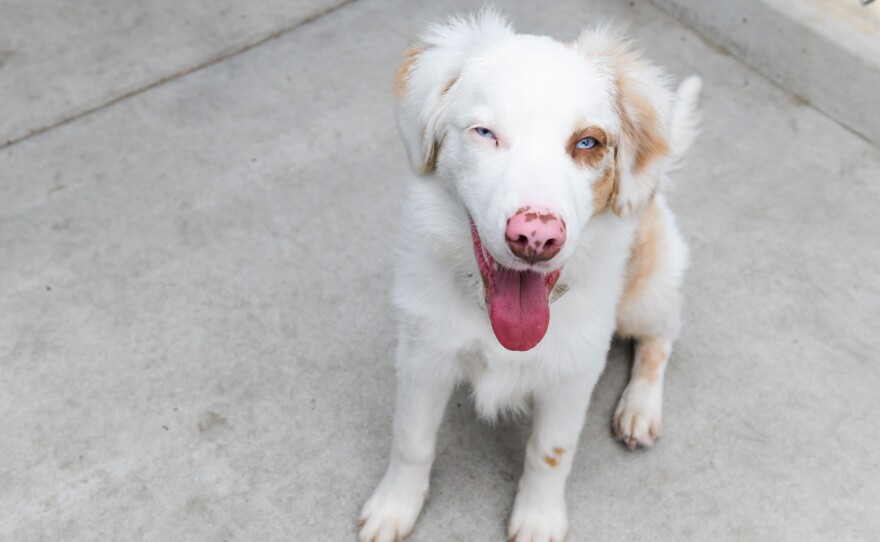A judge has ruled that the San Diego Humane Society’s policy of releasing some outdoor, domesticated cats without a caretaker is unlawful.
The Community Cats program spays or neuters outdoor cats, vaccinates them, and then releases them back to where they were found. The goal is to keep the population healthy and shrink it over time. There are more than 300,000 unowned, free-roaming cats in San Diego County, according to the Humane Society.
The program began with feral cats, and in 2021, it expanded to include friendly cats without signs of ownership — like collars or microchips — if they appear to be doing well outdoors. Some advocates have argued that those cats could be put up for adoption instead.
Last month, Judge Katherine Bacal ruled that releasing domesticated cats without a known caretaker violates the law. She said the court considered things like the definition of animal abandonment and the Humane Society’s contract with the county.
Attorney Bryan Pease represents the organizations and individuals that filed the lawsuit. He said they didn’t want friendly, adoptable cats to lose the opportunity to get adopted and saved from hazards like cars and predators.
“We're looking for the San Diego Humane Society to do what they already acknowledge the law requires them to do anyway,” he said. “When a stray or abandoned cat is brought to them, they are, in fact, supposed to bring that cat into the shelter.”
On its website, the San Diego Humane Society encourages pet owners to get their pets microchipped, especially cats that go outdoors. They say shelters can expose healthy outdoor cats to stress and disease.
On Friday, a Humane Society spokesperson said the program “will remain active without any changes until further clarification from the court.”
“We are carefully reviewing the judge’s decision and collaborating with our legal team on next steps,” the Humane Society wrote in a statement. “This is only the first chapter in this case, and we expect that a future court will rule differently and understand that the Community Cat Program is both legal and the most humane way to save the lives of cats.”
The ruling comes at the end of a year marked by overcrowding in local animal shelters. Factors include the cost of food and veterinary care and a decline in spaying and neutering during the COVID-19 pandemic. On its website, the Humane Society cites the success of other Community Cat programs in reducing shelter intake of cats and kittens.
Bacal said both sides wanted what they believed was best for cats.
“It's not the court's obligation to decide what is best for any animals,” she said. “The only obligation is to decide what is lawful.”






